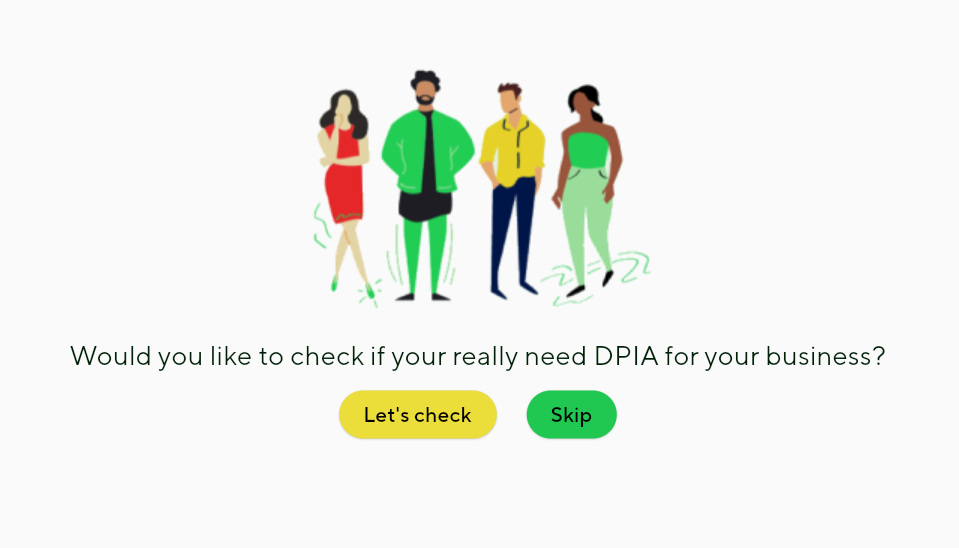Education
In addition to our traditional course offers within FHNW’s bachelor’s and masters’ programs, we also provide an array of further educational features.
These include bootcamps, elective courses, tools, and gamifications. These programs are designed to enhance our students’ learning experience and provide them with practical skills that they can apply in their careers. The student work section also showcases some of the outstanding projects and initiatives that our students have undertaken during their studies.
Courses
Our world is rapidly changing due to technology, including blockchain and cryptocurrencies like Bitcoin. This is part of Web 3.0, a decentralized internet. Decentralized Autonomous Organizations (DAOs) are a key feature, where rules are coded, and power is distributed. DAOs have the potential to disrupt monetary and non-monetary collaborations. Decentralization also impacts education, with examples like Bittopia, a decentralized university using Decentralized Autonomous Courses (DACs). This module explores the potential changes in organizing companies and organizations.
This is a study course for student wanting to get insights into the concepts of Web3.0 (decentralized economy) and DAO. The module is partially decentralized, having its governance organized as a DAO. Decision making during the course is decentralized, and management powers follow network and community principles as the course develops around Web3.0 content. Students will learn new concepts and at the same time will experience the mechanisms of a DAO through the way in which the course is organized.
Module Description
For more information about the course, check the module description on the FHNW platform using the following link: Module Description
Associated Publication
Schneider, B., Moriggl, P., Misyura, I., Rafiee, A. (2023): A case study on teaching decentralized autonomous organizations in a business school. Companion Proceedings of the 16th IFIP WG 8.1 Working Conference on the Practice of Enterprise Modeling and the 13th Enterprise Design and Engineering Working Conference, November 28 – December 1, 2023, Vienna, Austria. https://ceur-ws.org/Vol-3645/bes1.pdf
Here, we offer a highly valuable combination of: a) getting a deep-dive into the field of social engineering and b) exchanging virtually with students from Africa.
The structure of the course is as follows: 1) we start with an introduction to the African culture 2) in following weeks, you learn about social engineering and work on adapting/collecting learning material in order to contextualize it to the African context. You organize and conduct weekly virtual mentoring sessions with your African peers; 3) we close with a wrap-up, reflection, and a certification ceremony for your African peers..
Module Description
For more information about the course, check the module description on the FHNW platform using the following link:: Module description
Associated Publication
Hermann, G., Schneider, B., Ebai, F., & Carlson Ngwa, E. (2024, Juni 12). A Case Study on Teaching Social Engineering to Swiss and Cameroonian University Students in a Virtual and Cross-Cultural Setting. Conference Society 5.0 – Innovation for Sustainable and Inclusive Social Good, University of Technology, Mauritius. https://doi.org/10.5281/zenodo.11619371
The Digital Trust Day is an annual event bringing together practitioners, students and academia to dive into the fascinating world of digital trust.
Visit our event website www.tri-dt.ch to get more insights.
Quantum computing is not just the future – it’s the present. As we move towards a world powered by quantum technologies, this course equips you with the basic knowledge to be a trailblazer in this dynamic field.
The course is suitable for business students in the Bachelor level. However, master’s students as well as anyone interested in quantum computing can also enroll. The course covers basics and combines the topics of quantum computing with business perspectives.
Our specialized e-learning course, developed as part of the EU/Swiss MECyS (Micro-Enterprise Cybersecurity) project, addresses the unique challenges micro-enterprises face in complying with Switzerland’s new Federal Act on Data Protection (nFADP).
Designed specifically for businesses with fewer than 10 employees, this free, self-paced course breaks down complex regulatory requirements into manageable, practical steps. The course covers both Swiss nFADP and EU GDPR requirements, making it particularly valuable for businesses operating across borders. Through interactive elements, case studies, and risk assessment tools, participants can tailor their learning path to their specific business needs, while the modular structure allows for focused learning on the most relevant topics for each organization.
The course is currently available in German language, but translation to English is planned for the nearest future.
This course is open-source: included learning materials can be freely used, adapted, and integrated into other learning management systems, promoting widespread access to data protection education.
Tools & Games
Learn Blockchain – Block by Block
Bloxxgame is a web-based simulation game with a wide variety of teaching scenarios. It is a simulation of a public blockchain, like Bitcoin, where each player acts as a node with all possibilities of creating coin transactions and blocks as well as the capability to experience the consensus algorithm by checking those transactions and blocks.
Cybersecurity is of growing importance in a globalized and digitalized world. Attacks against well-known Swiss companies show that anyone can be affected. However, a representative study by ICT Switzerland (2019) shows that the danger is generally underestimated.
We brought the topic of cybersecurity out of the abstract ‘cyberspace’ into the classroom and made it tangible. This was achieved by developing a Virtual Escape Room game for managers. Instead of dry theory, participants can team-up and actively learn the basic concepts of cybersecurity and test attacks and protection procedures in a playful way. The Escape Room Game aims at a low-threshold but sustainable increase of awareness for the importance of cybersecurity and offers an introduction to the basics of this topic.


The tool serves as a self-evaluation of the the data processing procedure “Data Protection Impact Assessment” (DPIA). The objective of the tool is to assess whether the data processing could result in a high risk to the rights and freedoms of individuals when personal data is involved. The assessment with the DPIA Tool will help you identify and minimise data protection risks for the affected individuals. The DPIA Tool is intended for SMEs, especially for small- and microenterprises with less than 50 employees in Switzerland and without profound knowledge and skills regarding data protection and privacy.